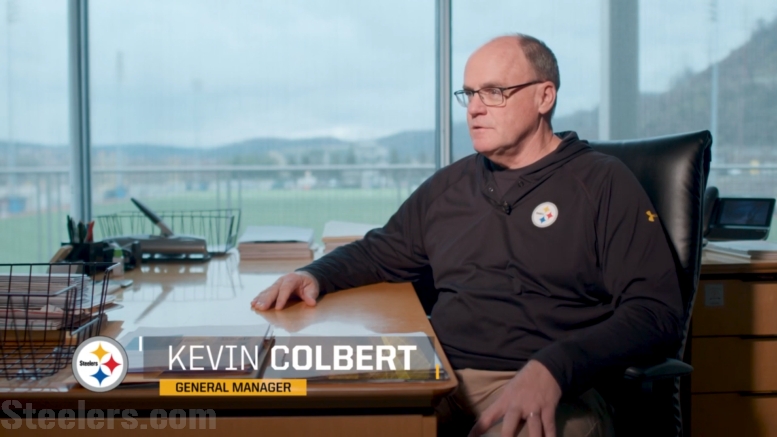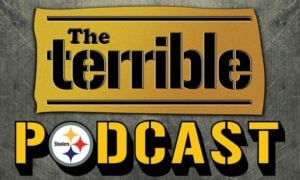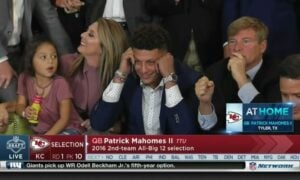Kevin Colbert, the General Manager of the Pittsburgh Steelers, would seem to have a pretty demanding job. He is tasked with keeping one of the premiere NFL franchises competitive year-in and year-out, and for the most part over the course of the past roughly two decades, he has.
The team has only posted one losing season since he has been here and gone to three of their franchise eight Super Bowls, winning two of the six Lombardi Trophies that feature in a display case inside the UPMC Rooney Sports Complex that serve as a testament to the success of the team’s methods.
Which is exactly, to have Colbert tell it, what actually makes his job so easy. The Steelers have surely tinkered and rethought and planned around different ideas over the years, but by and large, they have followed a pretty linear practice in terms of managing their team from all perspectives since Dan Rooney began spearheading the organization.
“Really, to follow the organizational game plan that has been successful is easier to do than to try to recreate, trying to find the identity, with each one”, Colbert told Judy Battista. We see this play out in virtually every aspect of team management.
The Steelers tend to have particular profiles—both physically and personally—of the sorts of players that they like to add through the draft. This is true of unrestricted free agency as well, but there is less control here since the options are few and the price point is a limiting factor.
Their clear priority is and has long been to retain their own stars rather than to add from other teams, to work with who you know rather than who you don’t know. They have had success in free agency, it should go without saying, but they have also gotten burned, most recently on the Ladarius Green deal, as they lacked the full picture of his health status.
We definitely see this play out in contract negotiations. The Steelers have a way of doing their contracts that gives them flexibility, and the players who are not willing to play ball within the structures of their deals more often than not end up signing deals with other teams.
This has become a prominent subject yet again thanks to the two-year contract negotiations with running back Le’Veon Bell and unconfirmed reports about what sort of money was included in his offer that was fully guaranteed.
It shouldn’t really be a very controversial opinion, though for some it is, but Colbert deserves the reputation that he has for being one of the best general managers in the NFL. That status will be put on trial after Ben Roethlisberger retires, of course, but the same would be true for the general manager of any team who loses a franchise quarterback.








